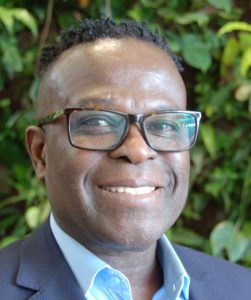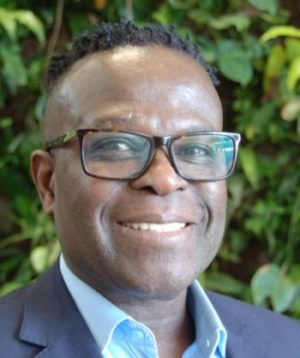
“Paywalls: Deepening Poverty & Disenfranchisement in the Post-Pandemic Era.”
By Dr. Kwaku Kusi-Appiah,
Sunday 24 December 2023.
Introduction:
Have you noticed a growing trend among internet news sources to block readers by ‘paywalling’ their websites?
Of course, this is perfectly understandable in an unmitigated, free-wheeling capitalist society where exchanging money for the use of any public good is the name of the game. Classical economists, spearheaded by Adam Smith, Ricardo, Hayek, and others have long proposed that in order for the corporate world, including corporate news organizations, to exist and thrive, they need to operate in a free market (Kusi-Appiah & Mkandawire, 2022). To be fair, an absolutely free market does not exist in reality. As succinctly put by my good friend and classical economist, D’Costa Adu-Poku:
“…what classical economic theorists call the free market is only a blend of free market and interventionism, whereby the government takes money from individuals and corporations to fund its share of responsibilities.
(Kusi-Appiah, 2023).
It will, therefore, be very disingenuous for any segment of society to claim such.
Nose gazing and the danger ahead:
The decision of news organizations and corporations to paywall news, supposed to be consumed freely by citizens, only makes sense if news, information, and informed public opinion is a luxury that only the upper classes and financially elite class should have.
Again, classical economic arguments make sense only if we believe that ‘facts and truth should be sold like any other commodity in the Anthropocene.’
In addition to that, corporate entities and their barons and surrogates who invoke the free-market mantra will only make sense if they stop running to governments for bailouts when things fall apart, and their centres cannot hold (apologies to Chinua Achebe). For more than a century now, corporations have been running to governments for bailouts any time they hit rock bottom (Black Press Media, 2015) (https://www.clearwatertimes.com/opinion/harpers-secret-bank-bailout-shows-poor-economic-management-5689428 ) – but they do not call that socialism.
Good for the goose:
However, as soon as the marginalised poor (who incidentally provide the labour that produces the resources which make corporations filthy rich) ask for a helping hand to be able to continue providing their labour for almost nothing, corporations, and their surrogates cry wolf (Friedman, 2021).
Isn’t it possible that by putting news and facts beyond the reach of the marginalised and the poor, who continue to be negatively impacted by the COVID-19 pandemic, there could be some sort of negative consequences?
Can we contemplate a mass voting tendency toward fascist parties and a grassroots revolt against the very capitalists that have put up a knowledge wall around the poor?
So, eventually, the real question for the homo-economic-inspired corporate news and information companies is this: Are you content with this arrangement?
Works Cited
Black Press Media. (2015). https://www.clearwatertimes.com/opinion/harpers-secret-bank-bailout-shows-poor-economic-management-5689428
Friedman, F. (2021). Made in the USA, socialism for the Rich. Capitalism for the Rest. New York Times, January 26, 2021).
Adu-Poku, D. (2023). In conversation with Kwaku Kusi-Appiah on the social implications of the free market to society in the Anthropocene.”
Kusi-Appiah, A. & Mkandawire, P. (2022). Political ecology of household water security among the urban poor in Malawi. Wellbeing, Space and Society, (3):100-109. https://doi.org/10.1016/j.wss.2022.100109
Andy Kusi-Appiah is an adjunct professor at Carleton University. His interests are on the impact of social and environmental changes on the health and well-being of vulnerable groups (e.g., 2nd generation Canadians of African descent).


Wow this is a great article, very interesting and informative
So far as these corporate giants and their owners are tax paying citizens of the state and as their going under would drag so many of the “poor” down into unemployment and much worse poverty, wouldnt you agree that bailouts are called for?
That said, I too have a problem with the current economic system that enables certain individuala to amass so much wealth, often at the expense of the state and the working masses.